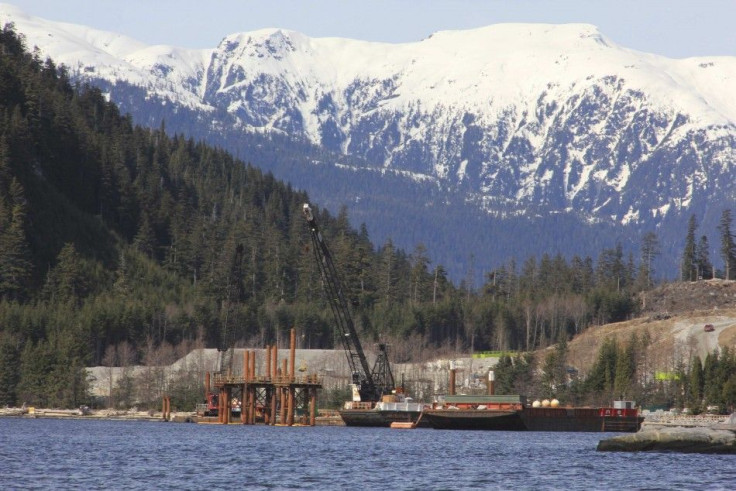Arctic LNG Route Soon to Launch; China, Japan 1st Shippers

The Arctic Ocean will soon be seeing more and more liquefied natural gas (LNG) shipping carriers plying its waters. Japan's Mitsui O.S.K. Lines Ltd. on Wednesday announced it targets to use the unchartered territory to move its LNG Russia to its clientele in Europe and Asia.
Mitsui O.S.K. Lines Ltd. said the project is set for implementation on 2018, using a trio of icebreakers or specially designed ships. The carriers would cost a total of about 100 billion yen ($990 million), the company said.
The venture is a joint undertaking with China Shipping Development. South Korea's Daewoo Shipbuilding & Marine Engineering will build the ships.
Used to be seen as impenetrable, the Arctic ocean route is now becoming more appealing to shipping companies, no thanks to the melting conditions of the glaciers in the region triggered by climate change.
A spokesman from Mitsui O.S.K. Lines Ltd. told AFP transporting LNG through the Arctic route would reduce one-quarter off the usual travel time through the Suez Canal, or about 10 days.
"The shorter distance would be good for buyers, by cutting shipping costs and reducing other risks," Yu Nagatomi, an economist at Tokyo's Institute of Energy Economics, told WSJ.
Data supplied by Japan's transportation ministry showed that some 71 ships have crossed the Arctic Ocean between Europe and Asia in 2013, compared with just only four in 2010.
With the aid of its icebreaker tankers, Mitsui O.S.K. Lines Ltd. would be able to supply LNG from a gas plant to be built on the Yamal Peninsula in northern Russia to Europe and Asia.
Russia's OAO Novatek owns the Yamal LNG project by 60 per cent, while the rest is controlled by Total SA of France and China National Petroleum Corp. at 20 per cent each.
The Yamal LNG project targets to have annual production capacity of 16.5 million tonnes.





















